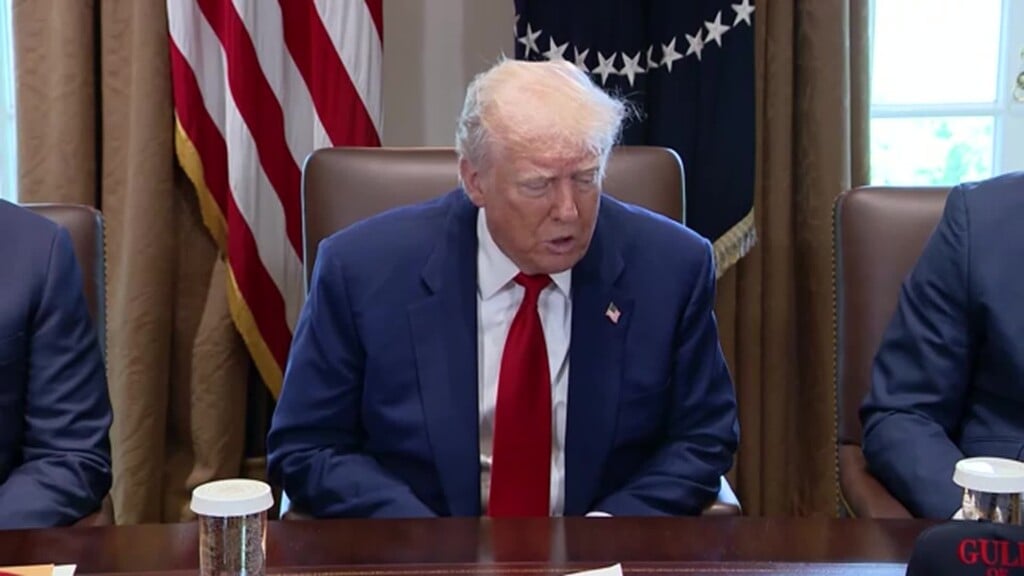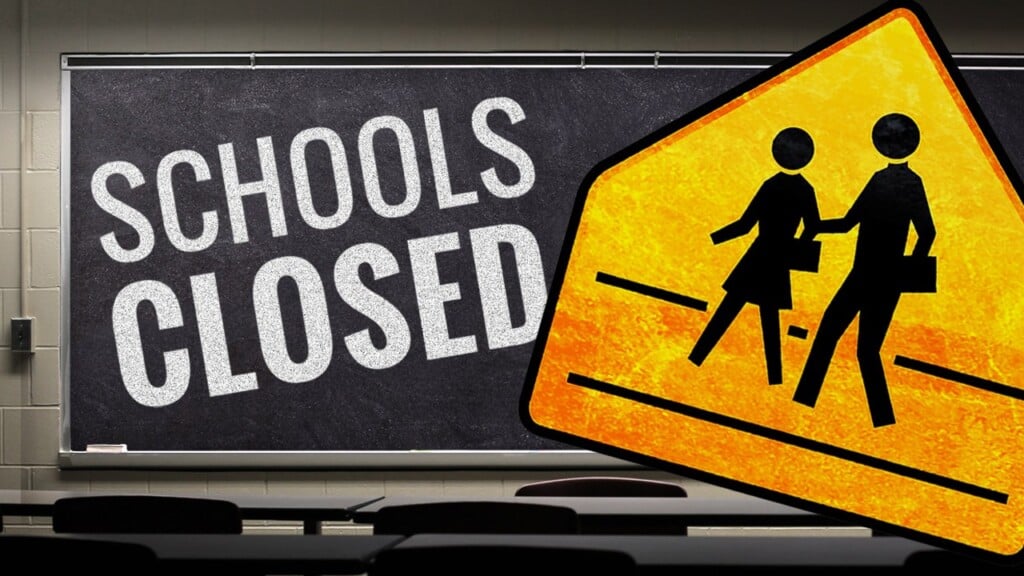Tariff exemption ends, Chinese retailers prices expected to rise
The era of ultra-cheap online shopping from Chinese retailers may be coming to an end.

(CNN)- The era of ultra-cheap online shopping from Chinese retailers may be coming to an end. As of this morning, a key tariff exemption for imports from China valued at $800 or less — known as the “de minimis” loophole — is no longer in effect. The change follows executive action taken by President Donald Trump last month in a move aimed at reshaping U.S.-China trade.
“Even very, very cheap items are now being tariffed,” said CNN Business and Politics Reporter Vanessa Yurkevich.
The now-closed loophole had allowed inexpensive products from Chinese e-commerce platforms like Shein and Temu to avoid import duties, effectively helping to keep online shopping cart totals low for American consumers.
“It’s a big scam going on against our country,” President Trump said while announcing the policy shift.
Under the new rules, items arriving from China via the postal system now carry a steep 120% duty — or a flat $100 fee. That fee is set to double to $200 starting June 1. Items shipped by other means are subject to a 145% tariff hike.
“Maybe the children will have two dolls instead of 30 dolls,” Trump added. “And maybe the two dolls will cost a couple of bucks more than they would normally.”
Retailers have already begun adjusting. Both Temu and Shein say they raised prices last week in anticipation of the policy change. Temu’s website now tags certain products as coming from a “local warehouse” — a signal that those items may be exempt from the new tariffs. Amazon has also been considering how to adapt. While it weighed the idea of labeling tariff-related price increases on its low-cost “Amazon Haul” section, the company has since backed away from that plan following a reported dispute with the White House. Still, experts say price hikes are likely on the horizon.
“When you have a low-margin business, you don’t have as much wiggle room to deal with tariffs,” said Elisabeth Buchwald, a reporter with CNN Business. “You have to pass that on to consumers more.”



